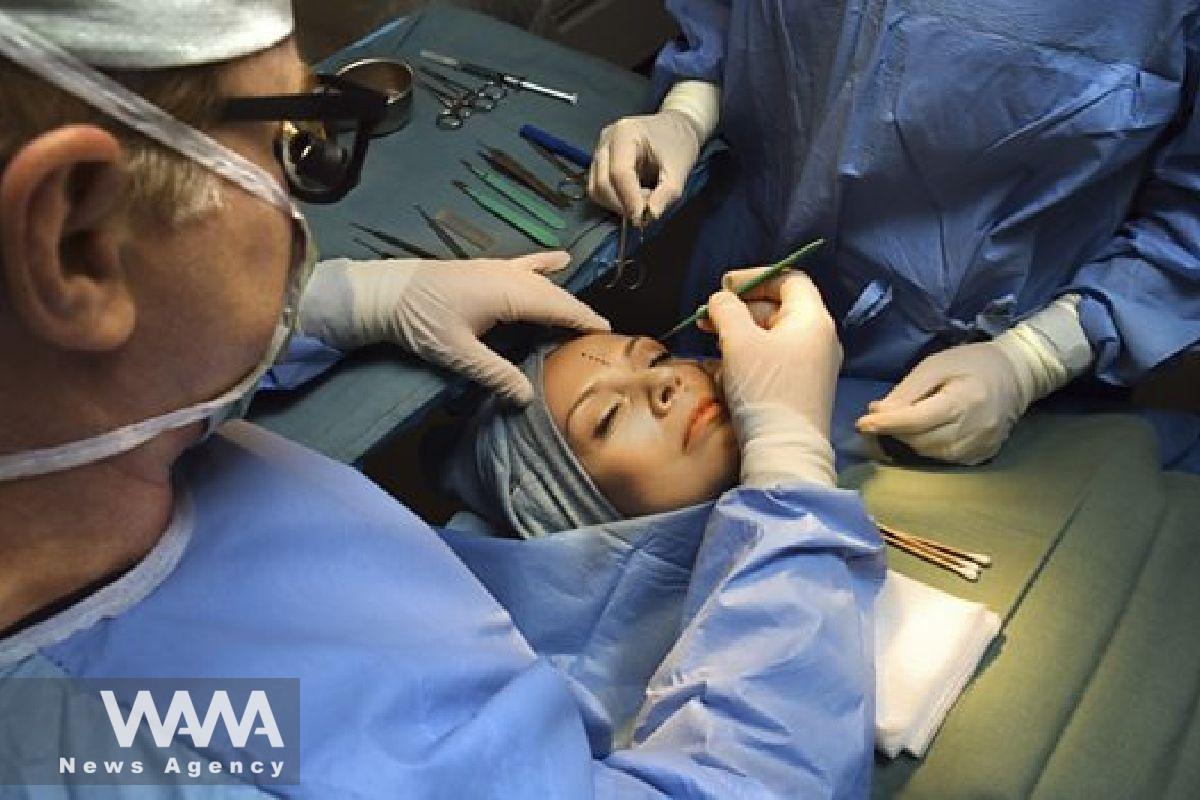Iran: A Hidden Power with Immense Potential in Plastic Surgery
WANA (May 12) – An Iranian plastic surgery expert says the country is attracting a growing number of international patients and could emerge as a major global hub for advanced surgical procedures—if political and communication barriers are overcome.
Dr. Hamed Bateni, a board-certified specialist in plastic, reconstructive, and burn surgery, emphasized that Iran already holds a strong position in the field, both regionally and globally.
“Many patients from around the world travel to Iran to receive plastic surgery services,” he noted in a recent interview, underscoring the country’s high medical standards and experienced professionals.
“Iran has the potential to become a major global center—not just a regional one—for plastic surgery,” said Bateni.
Beyond Beauty: The Broad Scope of Plastic Surgery
Plastic and reconstructive surgery is one of the most advanced branches of modern medicine. While often associated with cosmetic enhancements, the field plays a crucial role in restoring damaged tissues and organs, improving patients’ quality of life.
“Plastic surgery is not just about aesthetics,” Bateni explained. “It includes burn reconstruction, congenital defect repair, craniofacial and jaw surgeries, hand surgery, peripheral nerve repair, and microsurgery.”
The specialty’s roots date back to ancient civilizations, with early reconstructive techniques reportedly practiced in India and Egypt. Today, Iran’s surgeons are at the forefront of the field, gaining global recognition for their expertise.
Medical Tourism and Global Recognition
Despite Iran’s capabilities, Bateni believes international recognition has been hindered by geopolitical issues. “Without exaggeration, Iran’s medical system—especially in plastic surgery—is world-class,” he said. “Unfortunately, due to political circumstances and limited international communication, this excellence is not widely acknowledged.”
Iran already sees a steady flow of foreign patients, particularly in the field of medical tourism. According to Bateni, this trend could grow significantly if diplomatic and institutional obstacles are resolved.
“If political and international barriers are lifted, Iran could truly become a global destination for medical tourism,” he added.
Advancing Through Collaboration
Bateni also highlighted the importance of medical congresses in advancing surgical practices. He referred to ongoing conferences where Iranian surgeons exchange techniques and experiences with international peers.
“These events aim to raise the quality of patient care by facilitating the sharing of modern surgical methods,” he said, noting that while global experts are often invited, participation policies depend on the organizers.
A Wealth of Experience in Trauma and Tumor Treatment
Bateni pointed to Iran’s rich experience in handling burn injuries from natural disasters and wartime trauma as another strength. “Our surgeons have also developed valuable expertise in treating common skin tumors prevalent in Iran, which could benefit the global medical community,” he said.
He concluded by expressing hope that with the removal of scientific and communication barriers, Iran’s true standing in the global plastic surgery arena will be fully recognized.












